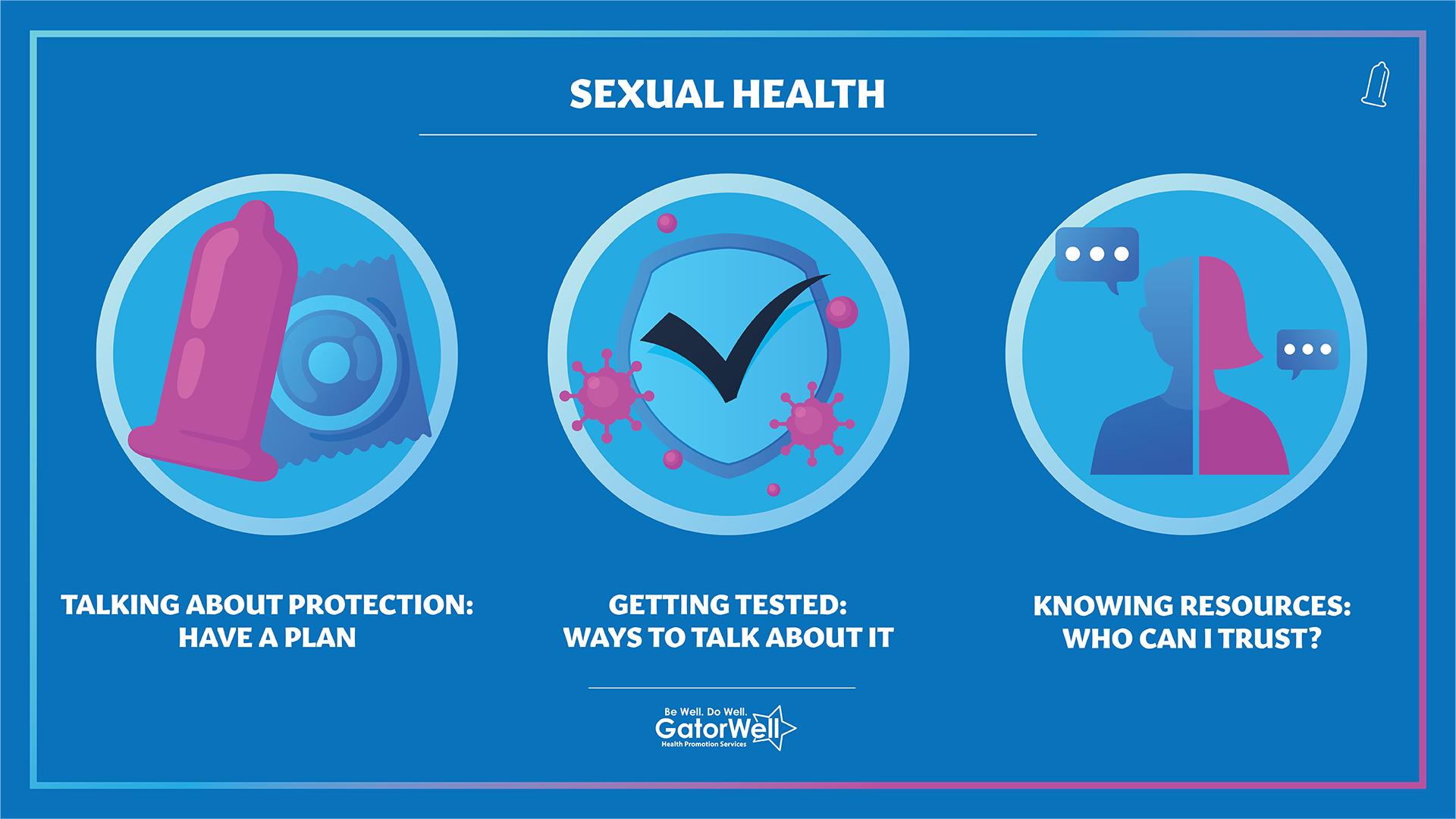Is Your Sexual Health on the Back Burner?

Let’s be honest—most of us don’t think about our sexual health until something feels off. Maybe you’ve heard that sexual wellness is just about preventing infections or avoiding unplanned pregnancies. But the truth is, taking care of your sexual organs is just as important as looking after your heart or your brain. The small choices you make every day—like how you eat, move, and manage stress—can have a big impact on how well your reproductive system works and how you feel overall.
It’s time to shed the awkwardness and get real about what your sexual organs do, why they matter, and how you can support them for a happier, healthier you.
What Do Your Sexual Organs Actually Do?
Think of your sexual organs like a well-designed communication center. For men, organs like the testes, penis, and prostate work together to produce sperm, hormones (like testosterone), and support sexual function. For women, organs such as the ovaries, uterus, vagina, and vulva are responsible for producing eggs, regulating hormones (like estrogen and progesterone), and supporting menstrual cycles, fertility, and pleasure.
Just like a busy office needs good communication to run smoothly, your reproductive system relies on signals from your brain and hormones to keep everything in sync. When things are working well, you feel energetic, confident, and in tune with your body. But when something’s off, it can affect not only your sex life, but your mood, energy, and even your long-term health.
3 Sexual Health Issues You Shouldn’t Ignore
-
Low Libido (Reduced Sex Drive)
This can happen to both men and women and is often caused by stress, hormonal changes, poor sleep, or certain medications. If ignored, low libido can strain relationships and may point to underlying health issues like depression, thyroid problems, or hormone imbalances. -
Erectile Dysfunction or Vaginal Dryness
For men, trouble getting or maintaining an erection, and for women, vaginal dryness, are common issues. These may result from poor circulation, hormonal shifts (like menopause), or emotional stress. Ignoring these signs could mean missing early indicators of heart disease, diabetes, or other serious conditions. -
Infections (Like Yeast Infections or STIs)
Infections can cause itching, pain, discharge, or sores. These often result from bacteria, viruses, or fungi. If untreated, infections can spread, cause lasting damage, and may even impact fertility. They can also be passed to partners if not properly managed.
Sexual Health Myths That Need Busting
-
Myth: “If I feel fine, my sexual organs must be healthy.”
Reality: Many issues, like sexually transmitted infections (STIs) or early hormonal imbalances, can exist without obvious symptoms. Regular check-ups catch problems before they get serious. -
Myth: “Sexual health only matters for people who are sexually active.”
Reality: Hormones and reproductive organs affect your mood, bone strength, heart health, and more—no matter your relationship status.
6 Ways to Support Your Sexual Health Every Day
-
Eat for Hormone Health
A balanced diet with plenty of fruits, vegetables, healthy fats, and lean proteins gives your body the nutrients it needs to produce hormones and maintain blood flow. Try to include foods like leafy greens, berries, fish, and nuts every day. Your hormones depend on these building blocks to stay balanced and support sexual function. -
Move Your Body Regularly
Exercise improves blood flow, lifts your mood, and helps regulate hormones. Aim for at least 30 minutes of moderate movement—like brisk walking, cycling, or dancing—most days of the week. Good circulation is key for sexual pleasure and performance. -
Prioritize Sleep
Quality sleep is when your body balances hormones like testosterone and estrogen. Without enough rest, your desire and function can take a hit. Set a consistent bedtime and aim for 7-9 hours nightly. -
Manage Stress
High stress triggers hormones like cortisol, which can lower libido and disrupt menstrual cycles or erections. Try deep breathing, meditation, or simply taking a daily walk to unwind. Even 10 minutes a day can make a difference. -
Stay Hydrated
Water helps your body produce natural lubrication and keeps tissues healthy. Carry a water bottle and sip regularly throughout the day. Aim for at least 6-8 cups daily, more if you’re active. -
Get Regular Screenings
Routine check-ups and STI testing catch problems early, often before you notice symptoms. Talk to your doctor about what screenings you need based on your age and lifestyle. Once a year is a good baseline for most adults.
Warning Signs It’s Time to Talk to a Doctor
-
Pain During Sex or Urination
This could signal infection, inflammation, or another underlying issue. Don’t wait—early treatment prevents complications and relieves discomfort. -
Unusual Discharge, Sores, or Lumps
Changes in appearance or sensation can be signs of infection, cysts, or even cancer. The sooner you get checked, the better the outcome. -
Persistent Changes in Desire or Function
If you notice ongoing changes in sexual desire, performance, or cycles, it could be related to hormones, medication, or other health problems. Early investigation helps you get back to feeling your best.
Daily Check-In: Supporting Your Sexual Health
- ☐ Did I eat a balanced meal today?
- ☐ Did I get at least 30 minutes of movement?
- ☐ Did I drink enough water?
- ☐ Did I set aside time to relax or de-stress?
- ☐ Did I give myself enough time to rest and sleep?
Investing in Yourself: The Power of Sexual Wellness
Your sexual health is part of your overall well-being—not a separate issue or something to feel embarrassed about. When you eat well, move your body, manage stress, and get regular check-ups, you’re showing up for yourself in every way. The three biggest takeaways? Your sexual organs are a vital part of your health, small daily choices make a big difference, and you deserve to feel confident and comfortable in your own skin.
Remember, knowledge is power. By understanding your body and taking action, you’re building a foundation for a happier, healthier life—inside and out.